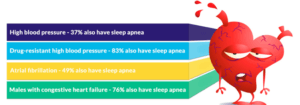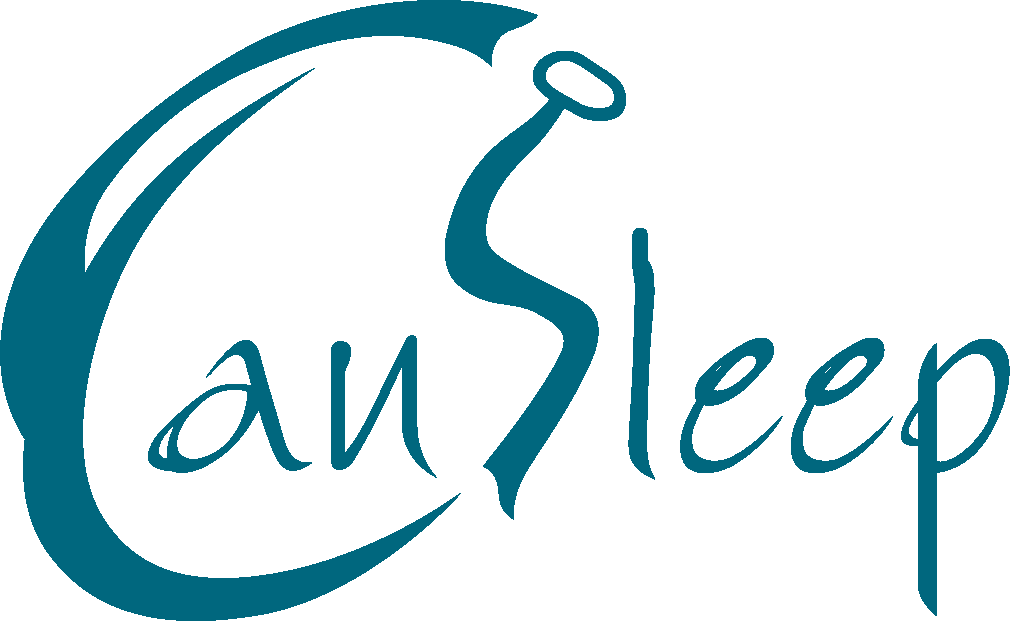Heart Diseases and Sleep Apnea
Sep. 16, 2016
Did you know about one half of patients who have essential hypertension have obstructive sleep apnea? Research shows that obstructive sleep apnea increases both daytime and night time ambulatory blood pressures. Heart failures, Strokes, Coronary heart disease, and Pulmonary hypertensions are other cardiovascular diseases related to OSA.Sleep apnea affects many of the complex systems of our bodies and is associated with other serious conditions like high blood pressure. Many people think sleep apnea is as simple as snoring, but it’s really much more than that.
Constantly depriving your body of oxygen each night has a tremendously negative impact on your body. Normally, your blood pressure falls at night. If you have sleep apnea, your blood pressure may not fall, which can lead to high blood pressure. Every time your oxygen level drops, this raises your blood pressure and Causes an adrenaline surge. This puts increased stress on your heart because it has to work harder to normalize your blood pressure. The more severe your sleep apnea, the greater the risk of high blood pressure. Nevertheless, Treatment of OSA with CPAP significantly reduces daytime blood pressure in patients with resistant hypertension.
OSA affects the heart in 3 different stages of apnea episodes. The first during systemic hypoxemia (drop in oxygen level in blood stream). As a result, sympathetic nervous system activity (fight and flight effect) increases, which in turn increases peripheral vascular resistance and increases heart rate and blood pressure. The second effect is due to negative intrathoracic pressure. During apnea episodes respiratory effort is still ongoing, which creates suctioning effect in your thoracic cage. This suctioning mechanism affects cardiac preload and after load due to which cardiac blood output is affected. The third effect is during patients arousals from sleep. Arousals occurs to terminate apnea’s episodes and it associates with high level of cardiac and respiratory activity. This may also contribute to the development of post-apneic surges in blood pressure and heart rate as well as sleep fragmentation.
High blood pressure, like sleep apnea isn’t normally something you can detect on your own. If you have sleep apnea, you likely don’t know about it unless other people tell you that you’re keeping them up at night by snoring or temporarily stopping breathing when you sleep. If someone tells you that you do either of these things, it’s important to take it seriously because sleep apnea is linked to so many other life-threatening conditions like high blood pressure. To discuss your signs and symptoms and/or to do diagnostic tests Contact Cansleep Services Inc.
By Bahareh Ezzati (BSc, CPhT, RRT)






